- Home
- slideshows
- miscellaneous
- The billion-dollar startups revolutionizing healthcare that you should be watching in 2019
The billion-dollar startups revolutionizing healthcare that you should be watching in 2019
Rani Therapeutics — $1 billion

Clover Health — $1.2 billion
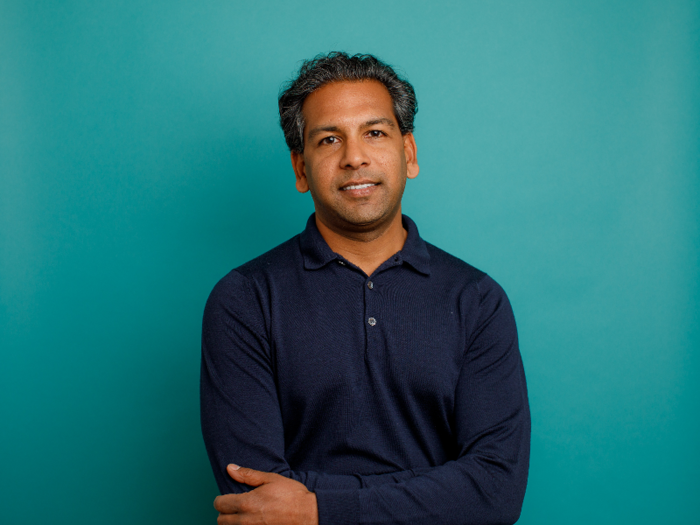
Clover Health sells Medicare Advantage health insurance plans. When seniors in the US turn 65, they can choose to be part of either traditional Medicare or Medicare Advantage, which is operated through private insurers like Clover and often provides additional healthcare benefits. The hope for San Francisco-based Clover and other technology-based health insurers is to use data to improve patients' health.
In November, Clover reported its third-quarter financial results. It posted an $18.7 million loss through the first nine months of the year. The insurer currently operates in New Jersey, Pennsylvania, Texas, and Georgia, and is expanding to more states in 2019, including parts of South Carolina, Arizona, and Tennessee.
To date, Clover has raised $425 million from investors including GV.
Butterfly Network — $1.25 billion
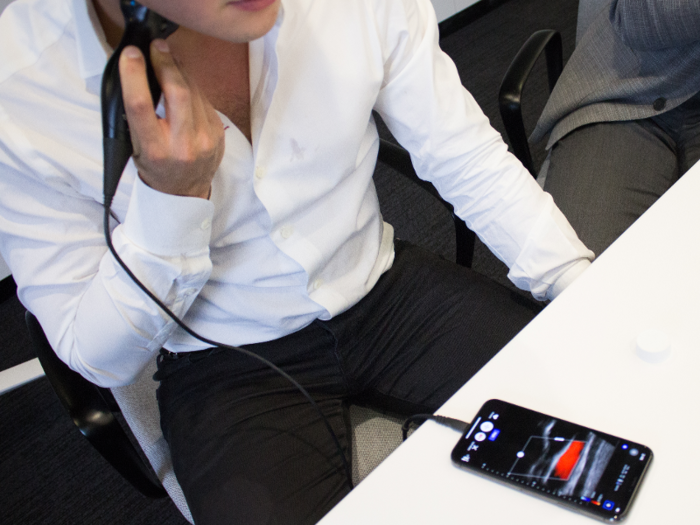
Butterfly Network, a company that developed an iPhone-based ultrasound device, wants to make the technology more accessible to doctors and healthcare workers so they can make more precise diagnoses on the move.
The device, called Butterfly iQ, plugs into the iPhone and isn't much bigger than the phone itself. It's been approved by the FDA for use in imaging things like the abdomen, bladder, and heart.
In September, Butterfly raised $250 million from investors including Fidelity, Fosun Pharma, and the Bill and Melinda Gates Foundation. In total, the company's raised $370 million.
Ginkgo Bioworks — $1.3 billion
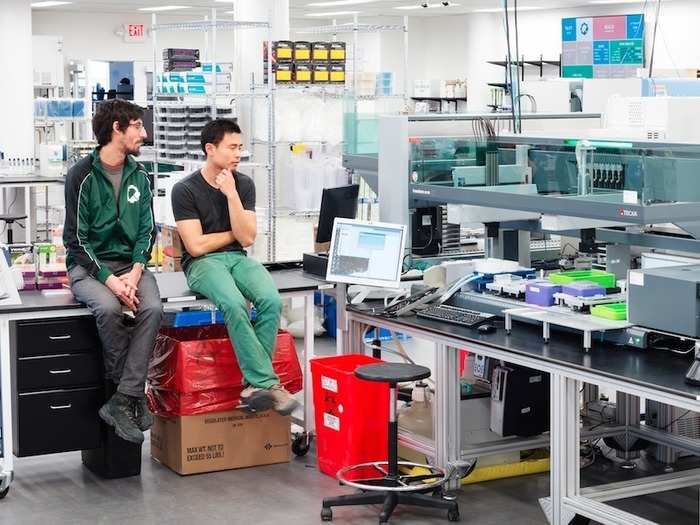
Ginkgo Bioworks is a startup that designs microbes to produce substances like fragrances or medications. The Boston-based company sends the programmed bugs to partner companies that put them to use.
In December 2017, the company raised $275 million at a $1.3 billion valuation. In total, Ginkgo's raised $429 million.
One Medical — $1.5 billion

One Medical was founded in 2007, and runs health clinics where it offers convenient appointments with doctors and other health-care providers. The service costs individuals $199 a year. Members still use their insurance during their visits to One Medical-run clinics, but the fee covers additional services such as mobile communication with One Medical staff members and mobile prescription renewals.
One Medical started in San Francisco and has since expanded its clinics into nine cities, including three offices in San Diego coming in 2019. In August, the company said it had raised up to $350 million from private equity firm Carlyle Group, launching it into unicorn territory. In total, the company's raised $532 million.
HeartFlow — $1.5 billion
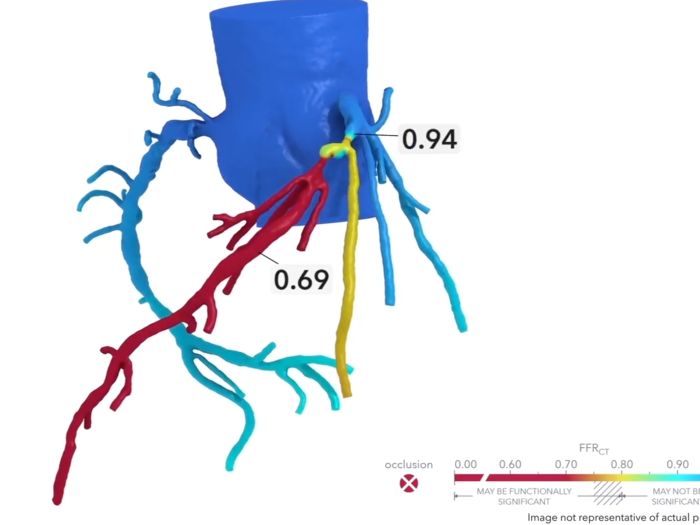
HeartFlow is trying to make the process of finding blockages in the heart a lot less invasive. Using imaging from a CT scan, Heartflow builds a 3D model that pinpoints the blockages associated with coronary artery disease, a heart condition that affects millions of Americans and is the leading cause of death in the US.
HeartFlow is based in Redwood City, California, and reached unicorn status in 2018 after raising $240 million, bringing its total funding to $476 million.
Proteus Digital Health — $1.5 billion
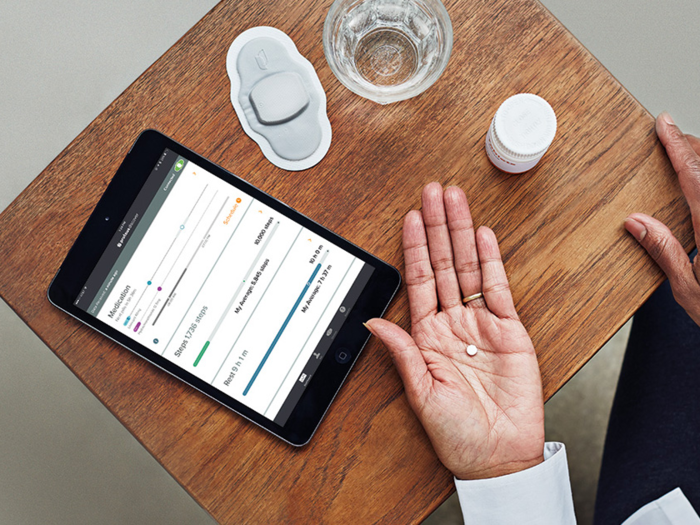
Proteus Digital Health is developing what is known as digital therapeutics: pills with built-in chips designed to communicate that a patient has taken his or her dose. When ingested, the pill communicates with a patch worn on the patient's body, which in turn sends signals to an app that collects the information.
In November 2017, the Redwood City, California-based company's first drug — a version of Otsuka's schizophrenia drug Abilify — was approved.
Founded in 2001, the company most recently raised $50 million in a private equity round in 2016. In total, it's raised $422 million.
Devoted Health — $1.8 billion
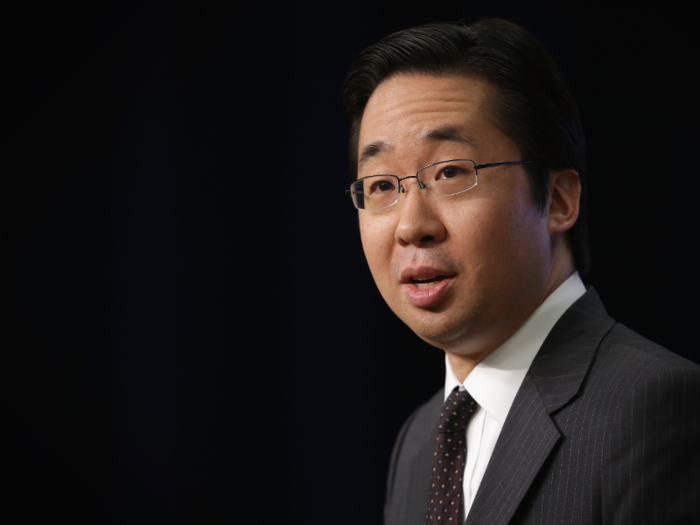
Devoted Health wants to reinvent how we care for aging Americans, starting in 2019 with Medicare Advantage plans in parts of Florida.
The company's plans might look a bit different from traditional insurance in that Devoted plans to do more than pay for visits to doctors and hospitals. It's also hiring nurses and other employees aimed at keeping seniors healthier and out of the hospital.
Devoted was founded in 2017 by brothers Ed and Todd Park. Prior to Devoted, Todd co-founded health IT company Athenahealth and served as chief technology officer of the US during the Obama administration. Ed, who serves as Devoted's CEO, was formerly chief technology officer and later chief operating officer at Athenahealth.
The Waltham, Massachusetts-based company in October raised $300 million in a series B round led by Andreessen Horowitz, bringing its total funding to $369 million.
Tempus — $2 billion
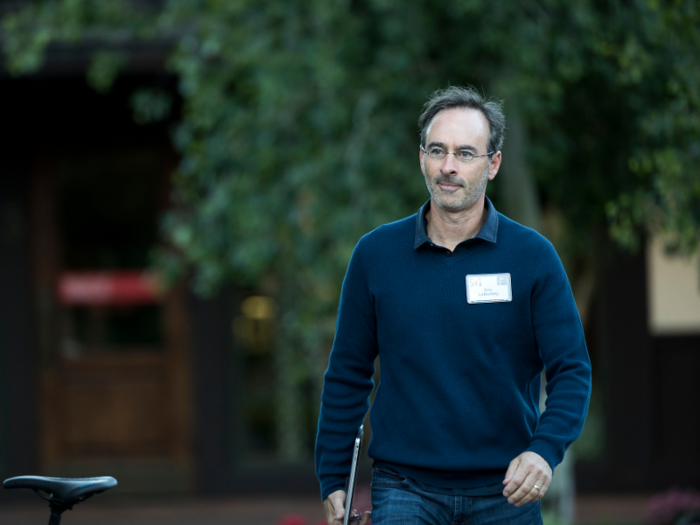
Chicago-based Tempus got its start in 2015, and in the last three years has rocketed into unicorn territory. The startup, founded by Groupon founder Eric Lefkofsky, aims to help doctors use data to find better cancer treatments for patients, using both clinical data — information about which medications patients have taken and how they responded to them — and data it sequences in its lab based on the tumors and hereditary genetics of cancer patients.
So far, Tempus has raised $320 million — most recently in September from backers including Baillie Gifford, T. Rowe Price, and New Enterprise Associates.
Auris Surgical Robotics — $2.1 billion
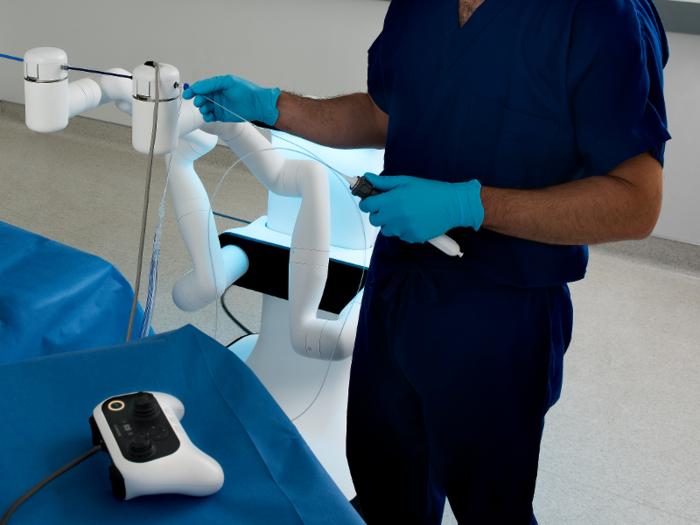
The surgical-robotics company has been relatively quiet about its work in relation to its valuation.
In March, the company got FDA approval for its product called Monarch, which is a controller-operated robotic camera that helps doctors get visuals from within the body, including the lungs.
"We believe that Monarch will become the go-to approach for diagnosing lung cancer in the future," Auris chief scientific officer Josh DeFonzo told Business Insider at the time.
In November, the company raised an additional $220 million, bringing its total funding to more than $700 million.
23andMe — $2.5 billion
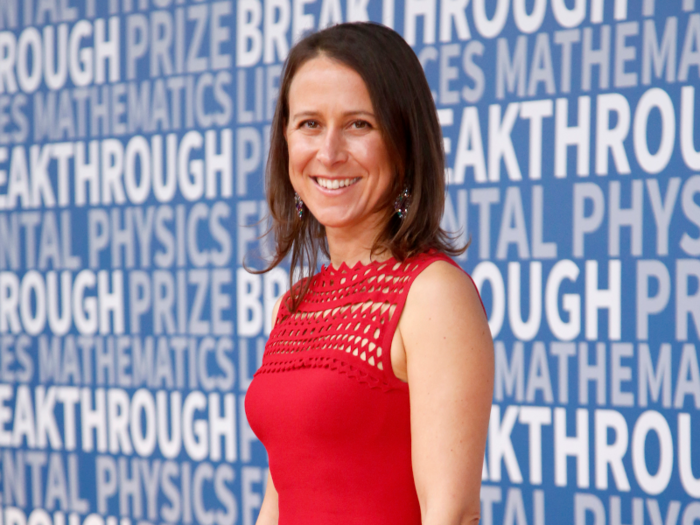
23andMe, a company best known for its genetics tests designed to tell you information as varied as the amount of Neanderthal DNA you have and potential health risks, gained a higher valuation in 2018 after striking a $300 million deal with drugmaker GlaxoSmithKline.
The company, founded in 2006, has millions of customers, and has a number of partnerships with major pharmaceutical companies. With GSK, 23andMe has a four-year-long development deal to use the data 23andMe's collected to discover and develop new medications. Using 23andMe's data, GSK is also working on an experimental drug to treat Parkinson's disease in patients with a particular mutation.
To date, 23andMe has raised $790 million.
Grail — $3.2 billion
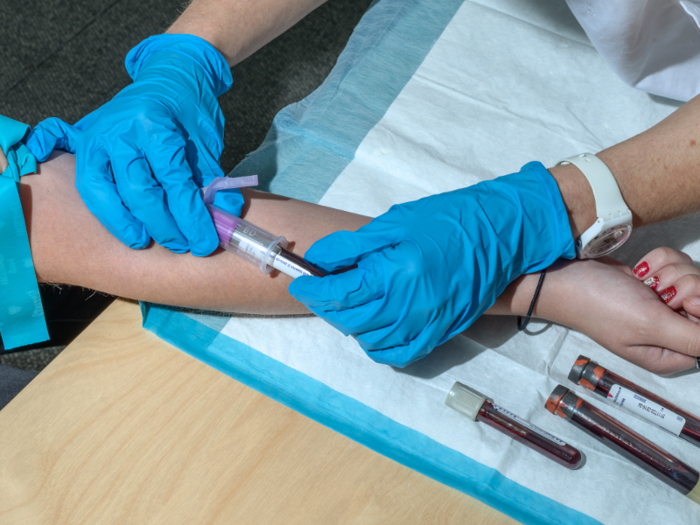
Since it got its start in 2016, Grail has raised more than $1.5 billion from the likes of Jeff Bezos and Bill Gates along with big names from the pharmaceutical, tech, and healthcare industries, including Johnson & Johnson Innovation, Arch Venture Partners, Amazon, Bristol-Myers Squibb, Celgene, and Merck.
The idea behind its cancer-screening test is to identify the tiny bits of cancer DNA that are hanging out in our blood but are now undetectable. If companies like Grail are successful, they would be the first to pull off a cancer-detecting blood test that works proactively.
The concept is similar to liquid biopsy tests, which use blood samples to sequence genetic information in that blood to figure out how tumors are responding to a certain cancer therapy. In 2017, Grail acquired Cirina, a Hong Kong-based company that is also looking at early cancer detection.
Most recently, the company raised $300 million in a series C round and has started presenting data, including some on early-stage lung cancer detection.
Oscar Health — $3.2 billion
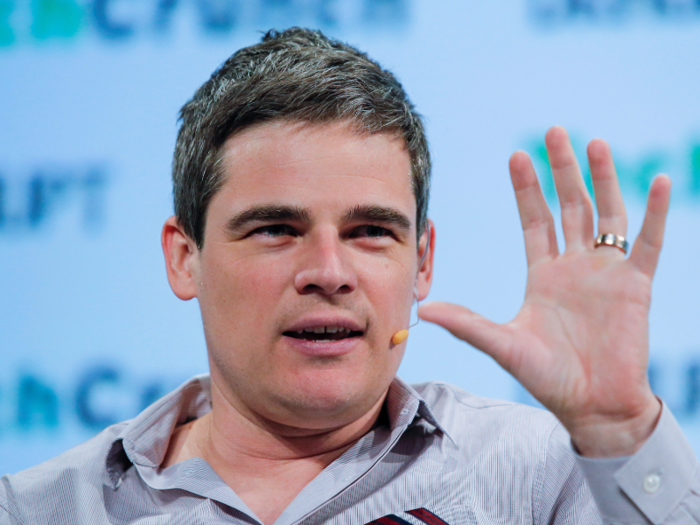
Oscar Health offers health-insurance plans on the so-called Obamacare marketplaces in New York, New Jersey, California, Ohio, Texas, and Tennessee. It also sells plans for small employers.
According to state insurance filings reviewed by Business Insider in November, for the first nine months of 2018, Oscar lost $12 million. That's significantly less of a loss than a year ago, when it reported a $96 million loss in the third quarter alone.
Oscar in August raised $375 million from Google's parent company Alphabet to bring its tech-backed health insurance plans to more people. The company has already announced plans to sell in more states for next year, and it eventually plans to expand into the market for private health-insurance plans for seniors, known as Medicare Advantage plans.
In total, the company has now raised more than $1 billion.
Indigo Agriculture — $3.4 billion
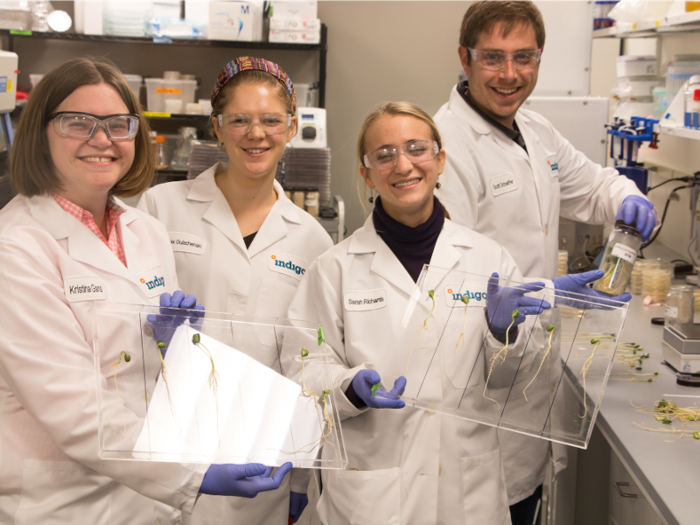
Indigo Agriculture is harnessing plant microbiomes to try to make plants more likely to survive. Indigo does this by coating seeds with certain microbes, with the hopes that the plants will better withstand poor soil conditions, drought, and insects.
The Boston-based company in September raised $250 million from investors including Baillie Gifford, Investment Corporation of Dubai and the Alaska Permanent Fund. In total, the company's raised $650 million.
Intarcia Therapeutics — $4.1 billion
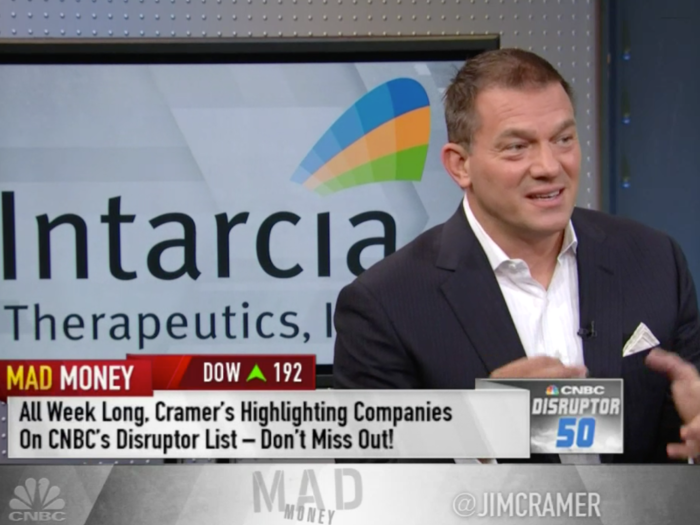
Intarcia Therapeutics, a Gates Foundation-backed biotech, is developing implantable devices intended to treat conditions like Type 2 diabetes and to prevent HIV.
In September, the Food and Drug Administration put the Boston-based company's plans for its diabetes implant on hold, citing manufacturing concerns.
Intarcia has the chance to file for approval again after changes are made. "We remain confident in the approvability of ITCA 650 and we look forward to working very closely with the FDA on next steps," CEO Kurt Graves said in a letter on the company's website.
In 2017, the company also said it was raising more than $600 million. To date, the company's raised $1.4 billion, according to PitchBook.
Samumed — $12.4 billion
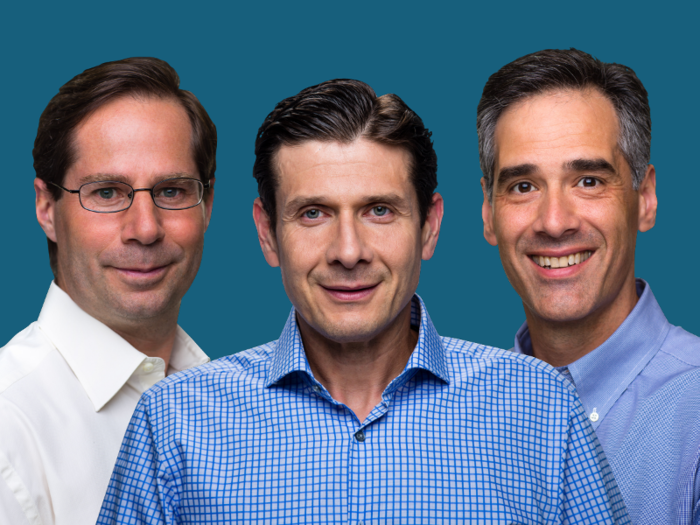
Samumed, the highest-valued startup on this list, is a company you've most likely never heard of.
The San Diego-based company has attracted $650 million in funding and a heady valuation thanks to a pipeline of what could be revolutionary treatments to regenerate hair, skin, bones, and joints.
The company's science hinges on something called progenitor stem cells. Samumed hopes to manipulate the pathway that makes these progenitor stem cells spring into action, so that they don't cause conditions like hair loss or osteoarthritis.
The company had previously raised funding from backers including high-net worth individuals and sovereign funds rather than venture capital. Samumed's chief business officer Erich Horsley said in May that the company could go public in the next three to four years.
Popular Right Now
Popular Keywords
Advertisement